How to reduce plastic in your daily life
- Simply Cups
- 3 days ago
- 2 min read
While the introduction of plastic has brought many improvements to society, its environmental impact is undeniable. Plastic can take thousands of years to break down, contributing significantly to landfill and causing pollution in oceans and waterways, and impacting animal lifestyles.
Reducing plastic in your life doesn’t have to be complicated. By making small, mindful choices each day, you can make a significant impact. Here are some easy choices you can make to cut down on plastic waste and help protect our planet:
Create a “to-go" bag with all your reusable essentials
Pack a bag with reusable items tailored to your lifestyle that you can easily bring along when you’re out or to leave in the car. Your bag could include:
Stainless steel water bottle
Reusable cutleries
Grocery and shopping bag
Takeaway coffee cup
Takeaway containers
Switching to reusable items can also have a positive impact on your budget. By investing in high-quality, durable options, you’re ensuring years of use, which ultimately saves you money over time. Not only will you avoid the cost of single-use bottles and cups, but many cafes even offer discounts to customers who bring their own takeaway cups.
If you’re struggling to find a takeaway cup that is perfect for your lifestyle, we also have a blog post exploring the different considerations when it comes to choosing your perfect cup.
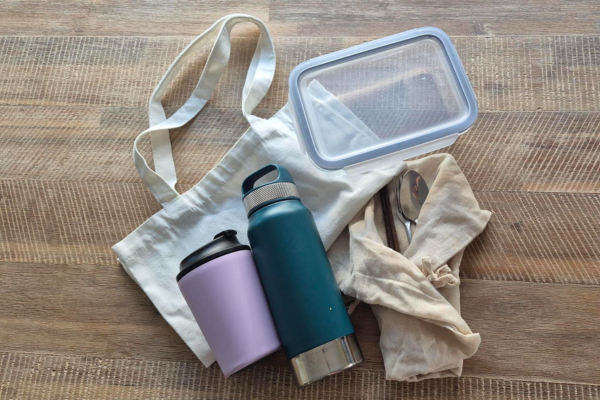
Swap out to non-plastic alternatives
From food containers to personal care items, there are plenty of alternatives including those made from glass, metal, or bamboo that help keep plastics out of your daily routine.
Food Storage
For food storage, consider using glass or stainless-steel containers instead of plastic ones. Beeswax wraps are a great alternative to plastic sandwich bags, and you can even use an upside-down plate over a bowl to cover food instead of cling wrap.
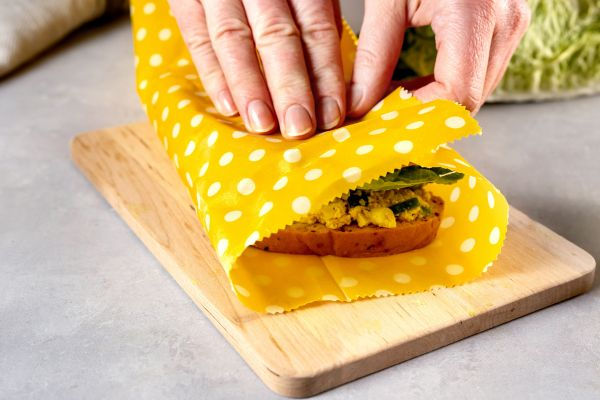
Personal Care
For personal care items, swap out plastic items in your personal care routine for alternatives like bamboo toothbrushes, cardboard cosmetic tubes, and shampoo bars. For sanitary products, you can choose reusable options like menstrual cups, period underwear, or washable cotton pads.
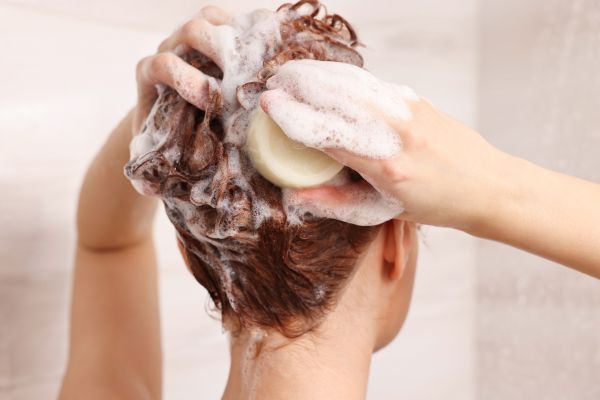
Choose your products based on their packaging
When shopping, look for products that use minimal plastic packaging. Choose products in glass jars or aluminium cans instead as the two materials can be recycled. Alternatively, explore the option of bulk refill stores which lets you bring your own packaging to refill on pantry staples, cleaning supplies and many more.
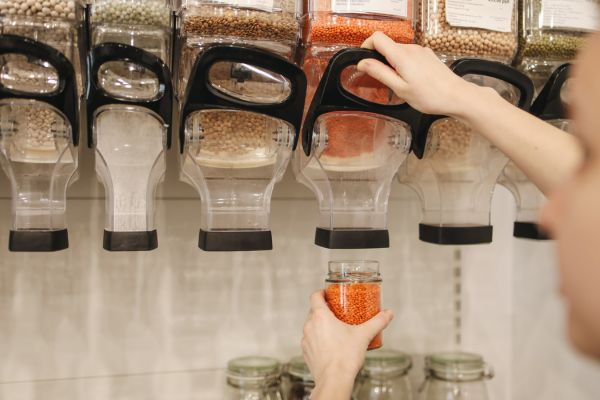
Choose recyclable plastics
While reducing plastic altogether is ideal, sometimes plastic is still unavoidable. In these cases, it’s important to choose plastics that can be recycled. You can utilise the Australasian Recycling Label (ARL) which is an on-pack label that aims to help us identify the best way to dispose of a packaging.
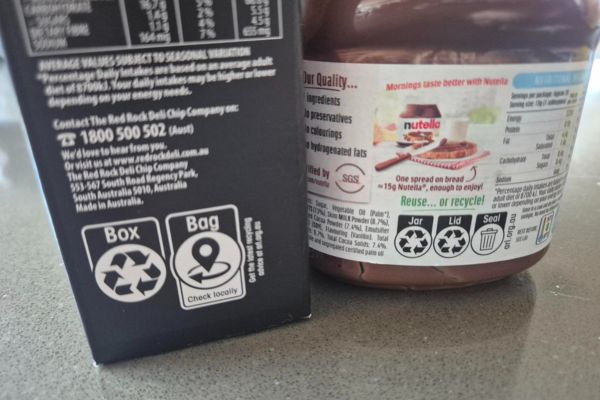
Reducing plastic, one change at a time
By making these easy changes, you can significantly reduce your plastic consumption and contribute to a healthier, more sustainable future. For other easy changes you can make to live a more sustainable life, check out simple sustainable changes you can make this new year.
